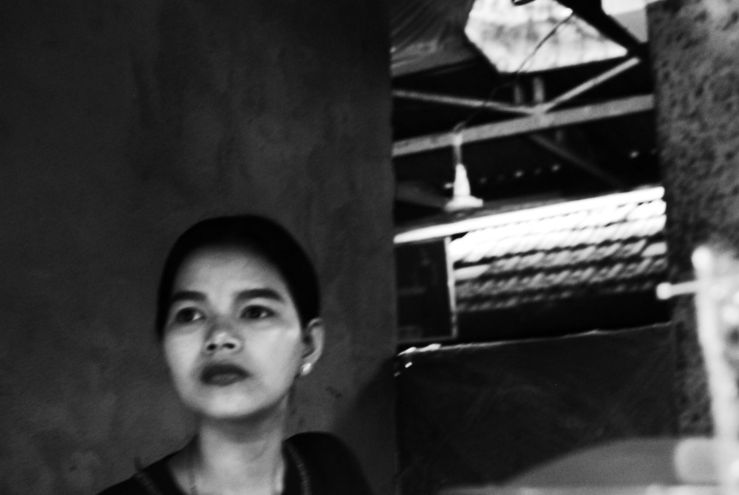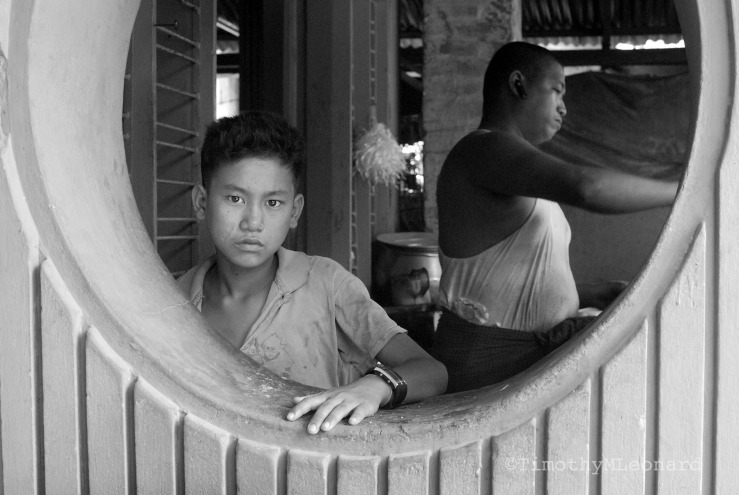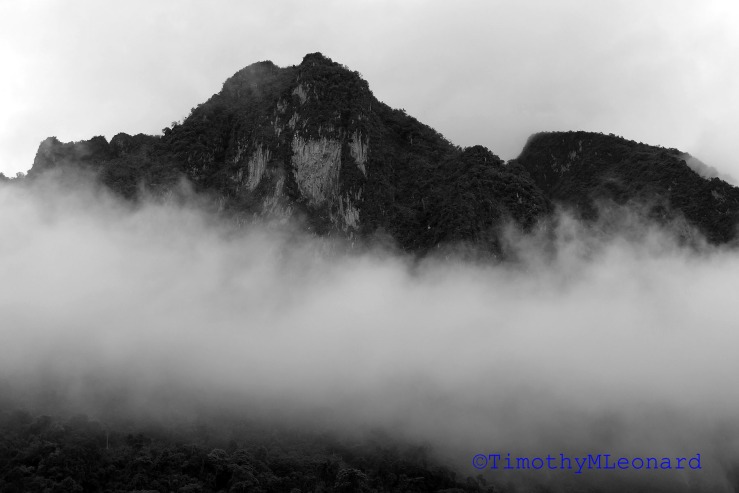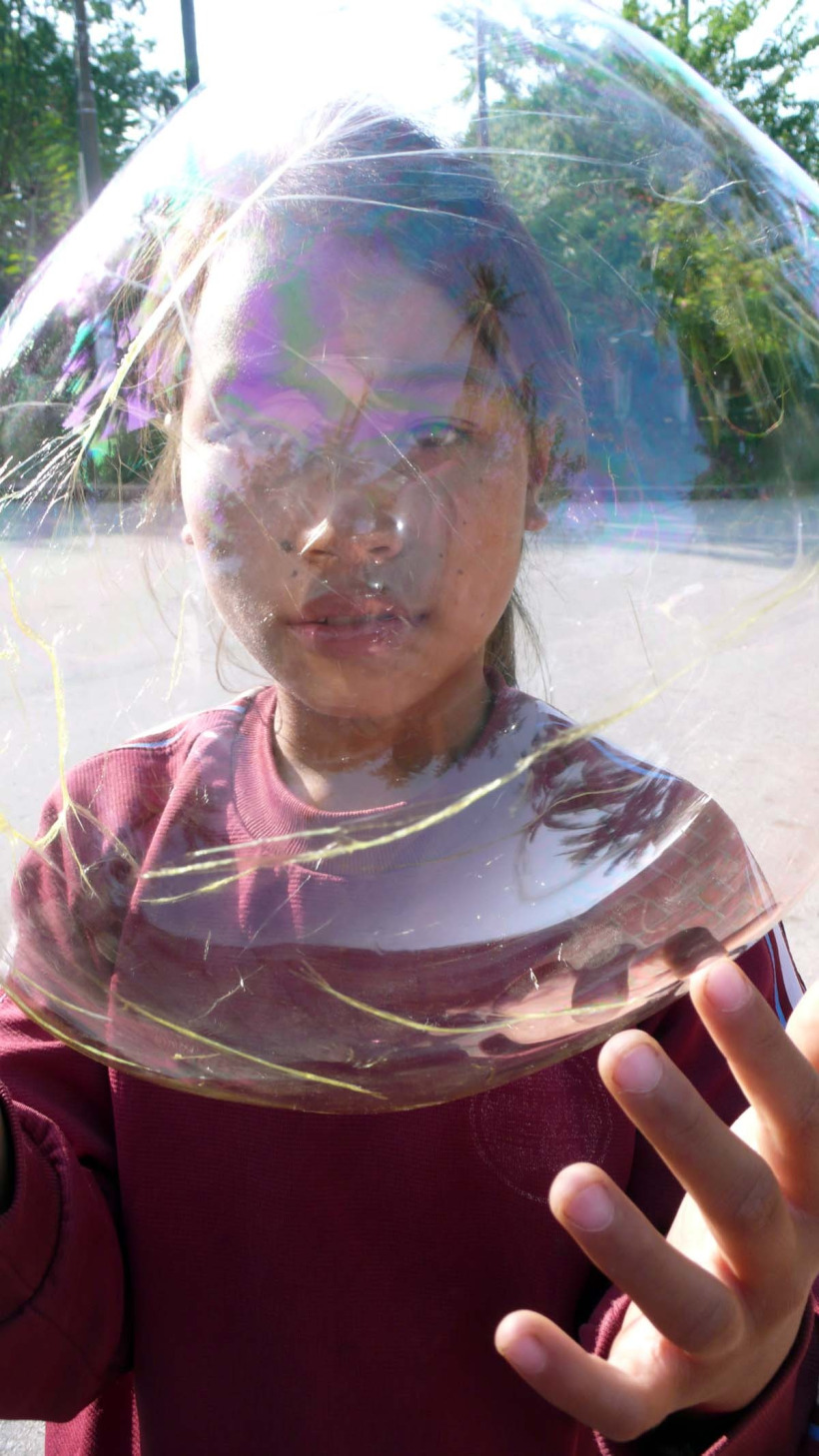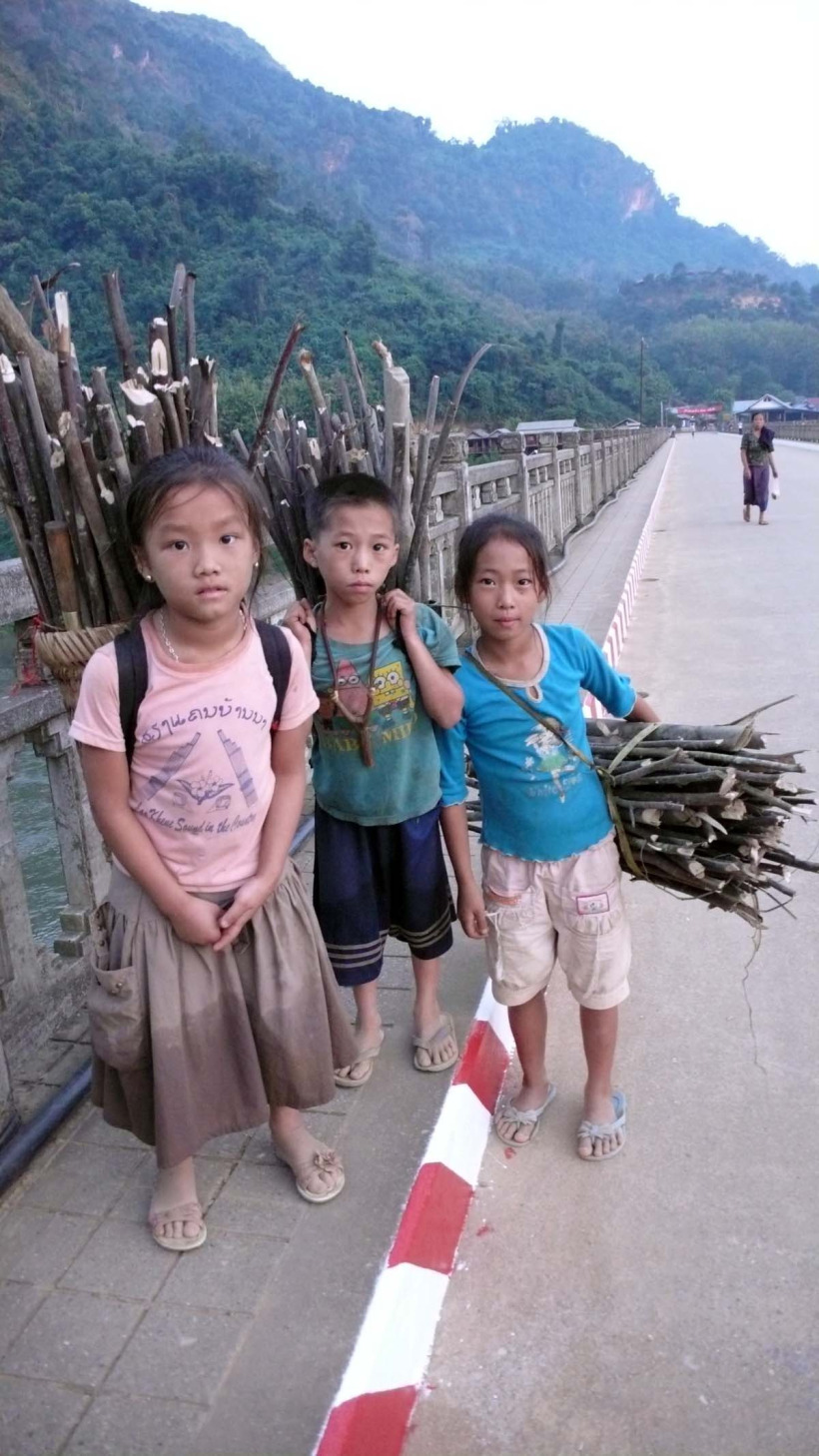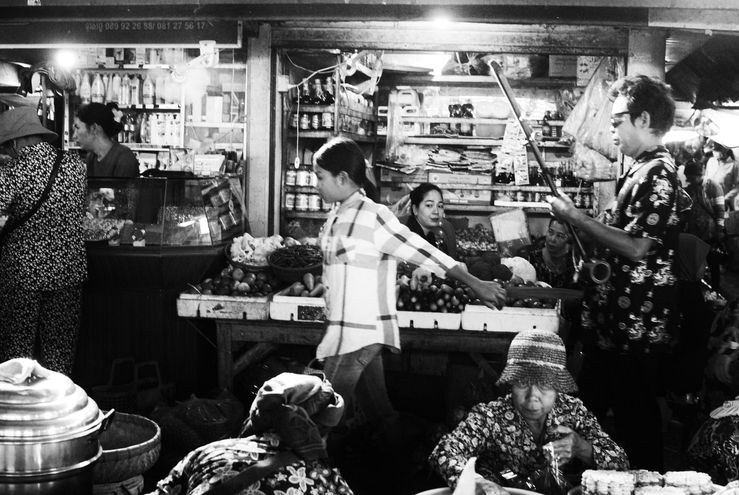Buy Low, Sell High
In the Sahara removed from death, chaos, tears and 3,000 funerals I suggested to Omar maybe it was about economic terrorism, poverty and empathy.
He understood the economics of survival, bartering, trade, exchange value, supply, demand and getting the best price. Not too low and not too high.
“A person cannot drink or eat more than they need. It’s about hospitality,” he said.
Omar’s tribe migrated from Mali, Southern Algeria and Mauritania. Prior to 1956 there were six million Touareg on nine million square kilometers of desert with no government borders controlling movement. Now there were 7-10,000 in the Sahara Occidental.
Berbers controlled the Iberian Peninsula as a colony from Marrakech castles. Fierce warriors, they resisted outside control while maintaining their language and culture during Roman, Vandal and Arabic rule.
“Your enemy is my friend,” said Omar.
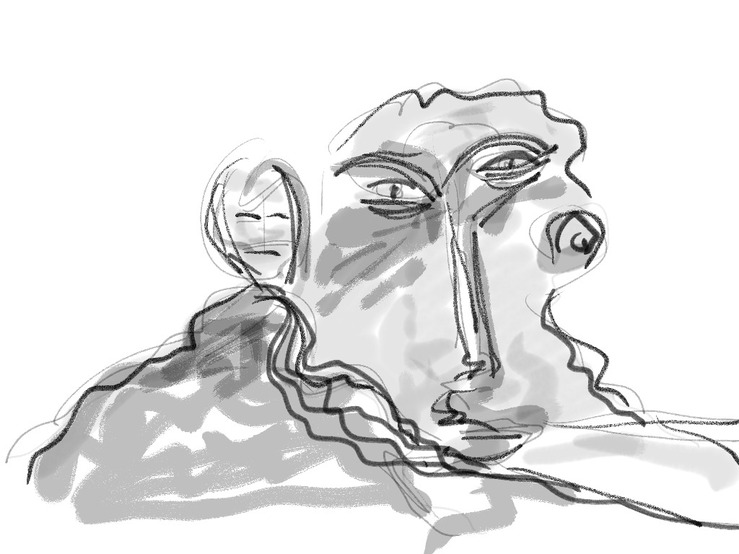
His tribes conquered and ruled Spain for centuries.
He’d seen boring television images. He preferred human conversation. Omar knew television and cell phones were the most insane consciousness-stealing inventions of all time. They sold desire and greed designed by advertising companies pitching food, sex, self-esteem and illusions of false happy secure lies.
After the successful 9/11 attacks desperate stories, lies and myths evolved, adapted and adjusted like petri dish cultures.
They created new languages, art, music, attitudes, values, principles, weapons of mass distraction and historical chaos in the long now. They took on new fragmented impartial impervious identities.
“Buy low and sell high,” said Omar as sand shifted below a blue sky.
“Simple as ABC,” I said.
“It’s easy to comprehend at the heart-mind level.” He was a man of few words. We contemplated a vast silent world.
“No language, no culture,” he sang as shooting stars played celestial tag.
I visualized elements of fear, disinformation, misinformation, bias, lies, half-truths and paranoid propaganda bloviated by politicians, popes, prelates, mullahs, and animists in every oral language on a spinning blue marble in space-time. 24/7.
Fear sells. People buy.
Human brains overflowed with data and visual distractions. Incoming! Run for cover.
Free medications were administered to seven billion humanoids.
Survivors crammed mountain caves as orphans sang, “A tisket a tasket we need a casket.”
Peaceful people lived wisdom, empathy, and compassion. Meditation, deep breathing, harmony and forgiveness of Spiriti Sanctus were portals into clear awareness.
Arabic speaking scholars recited poetry by Rumi. They shared stories about rising and falling civilizations. Transmitting oral stories they diagramed hieroglyphics, cave paintings, metaphors and unconscious archetypes.
I envisaged historians, political scientists, talking heads, taxi drivers, unemployed fortunetellers and morticians answering suicide hotline calls. The number of callers increased exponentially.
Governments increased military spending.
They cut education, health care and social programs.
Citizens overwhelmed hospital emergency rooms pleading, “Give us drugs to alleviate our fears and illusions of desire and suffering.”
Fear and Consumption demand outstripped supply.
Scarcity was thrilled.
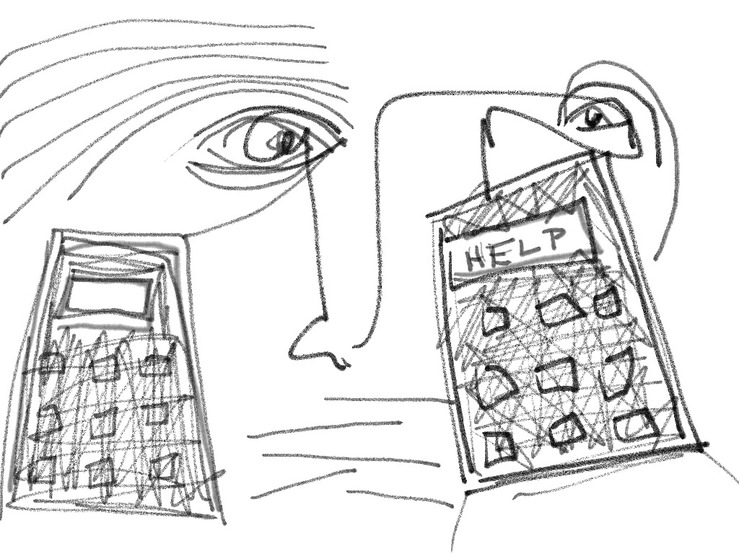
“What happens when they run out of CONTROL programs and advertising?” a girl asked her mother, the mother of all answers.
“Don’t worry my sweet,” said her mother living her worst nightmare, “They will invent, fabricate and illuminate something new. The manufacturing sector will rebound when shelves are empty. Advertising and propaganda never dies. We’ll always have sugar and we can always go shopping.”
“How long will it take to reduce these feelings of imaginary fear?”
“Healing, empathy and compassion require our individual intention. Many practice a calm way like there’s no tomorrow,” said her mother.
“Healing energies, peace and love sustain us.”
“There is only F.U.D.,” said the mother twisting her daughter’s hair until it caught fire.
“What is F.U.D. mother?”
“Fear, uncertainty and doubt. It’s part of our DNA since we jumped or fell or were pushed from The Tree of Life 60,000 years ago. FUD evolved with a vengeance as hungry unconscious greedy demons.”
“What about adventure and surprise?”
“They are factors in our adaptation as a species. You ask great questions my dear,” fanning her daughter’s flame. “A long now-time. A century is nothing.”
“It’s good to know some things,” said the girl. “We know so much and understand nothing.”
“A little knowledge is a dangerous thing. I’ve already said a lot.”
“Imagination is more important than knowledge. Tell me the truth,” mother. “I want to know your truth.”
“It’s a miracle we are here is my truth. It’s a big cosmic joke. Our insecurities are disappearing and our strengths are growing. Consider this. The letters F.E.A.R. can mean face everything and recover, or fuck everything and run away.”
“Life is a magical celebration, mother. We are flukes of the universe. We are miracles. Life is a beautiful short dream. There’s no rhyme or reason. It’s about realizing peace and gratitude in our heart. We connect with family, community and world tribes. Inhale other’s suffering and exhale healing. Cultivate our heart-mind awareness.”
“I love you,” said her mother.
“I will be present and grateful mother. May we go out and play now? May we take the day off and be creative?”
“Yes, let’s invent a game theory my sweet.”
Adventure, Risk, and Transformation - A Memoir
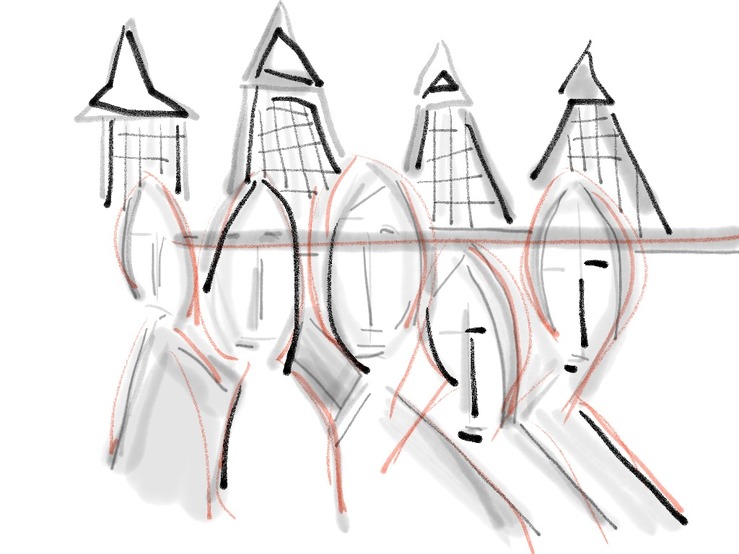






 Share Article
Share Article 